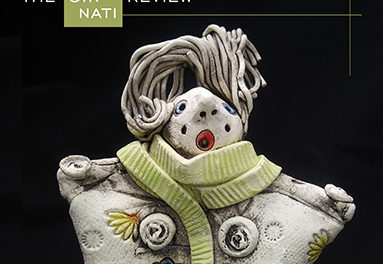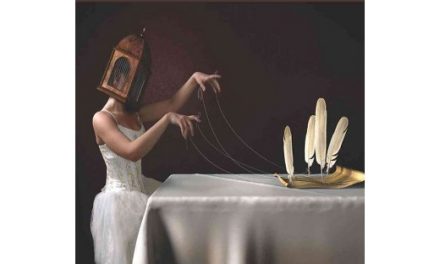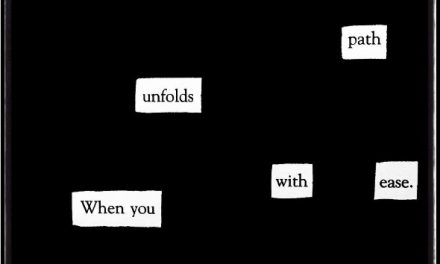 If you look at her Facebook page, you’ll see that volunteer Chelsie Bryant’s interests are wide ranging: cardigans, Hillary Clinton, vegetarian soups, The Daily Show, tea, YouTube videos of cats wearing Halloween costumes, YouTube videos of cats that look like croissants, YouTube videos of French-speaking cats with existential crises (okay, we just saw the pattern). A related warning: If you become friends with Chelsie, she may or may not repost one of your finest, most introspective I-look-like-a-real-author Facebook photos with an altered version of your face being attacked by cats. (On a similar note, Chelsie’s Facebook page is riddled with sage, feline-related advice. This nugget from yesterday: When asking your parents for large sums of money, always tell them it’s for your cat. Make sure to add an adorable picture for emphasis.)
If you look at her Facebook page, you’ll see that volunteer Chelsie Bryant’s interests are wide ranging: cardigans, Hillary Clinton, vegetarian soups, The Daily Show, tea, YouTube videos of cats wearing Halloween costumes, YouTube videos of cats that look like croissants, YouTube videos of French-speaking cats with existential crises (okay, we just saw the pattern). A related warning: If you become friends with Chelsie, she may or may not repost one of your finest, most introspective I-look-like-a-real-author Facebook photos with an altered version of your face being attacked by cats. (On a similar note, Chelsie’s Facebook page is riddled with sage, feline-related advice. This nugget from yesterday: When asking your parents for large sums of money, always tell them it’s for your cat. Make sure to add an adorable picture for emphasis.)
Chelsie brings her brimming good cheer with her to the CR office (but not her cat—which is good, because we don’t have much to offer in the way of mice and open windows). She does an excellent job entering copyediting changes, opening mail, and reading submissions. This week, Chelsie took a gander at Jenn Scott’s “Monsieur” from our upcoming issue and jotted the following thoughts:
Chelsie Bryant: Jenn Scott populates her story’s world with images and characters that haunt the reader even days later. Some examples: “Monsieur’s red dickey remained unflappable”; “A single rubber ducky bobbed gracefully on the water’s surface, its forced blue eyes staring forward, evaluating the situation at hand”; and “Recently, she looks at me with steady eyes, afraid to follow the curve of my elbow to my wrist to those certain raw scars, just as she asks questions in nervous strings so that I think of paper dolls when they are finally pulled open: not one body but a series of bodies with connecting hands, or rather, wrists.” Her protagonist, Izzy, isn’t just a misguided, depressed girl—she’s Belma, the good student; Chantal, the beautiful. Monsieur Roche isn’t just a caricature of a high-school French teacher. His depression, his need for companionship—even that of an insecure teenage misfit—creates a resonant context for his absurd quirks. Then there’s Izzy’s mother, who cares for her in a way that suggests her ineptitude and helplessness as a parent. Scott’s characters find themselves lost in degrees of disconnection, their actions revealing their need for identity and love. I could read “Monsieur” over and over again, and each time find fresh nuances to marvel over.










